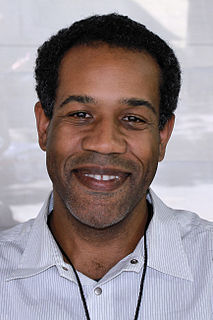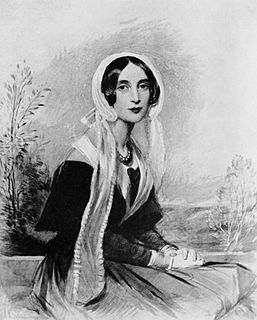A Quote by Gregory Pardlo
I tend to integrate poet and scholar is by ironizing the scholarship. My hope is to disturb that space between the two so they can coexist in a kind of mutual uncertainty.
Quote Topics
Related Quotes
So my message is in whichever realm, be it going into space or going into the deep sea, you have to balance the yin and yang of caution and boldness, risk aversion and risk taking, fear and fearlessness. No great accomplishment takes place, whether it be a movie or a deep ocean expedition, or a space mission, without a kind of dynamic equipoise between the two. Luck is not a factor. Hope is not a strategy. Fear is not an option.
The truth of literature and art has always been granted (if it was granted at all) as one of a "higher" order, which should not and indeed did not disturb the order of business. What has changed in the contemporary period is the difference between the two orders and their truths. The absorbent power of society depletes the artistic dimension by assimilating its antagonistic contents. In the realm of culture, the new totalitarianism manifests itself precisely in a harmonizing pluralism, where the most contradictory works and truths peacefully coexist in indifference.
When I read or hear of the mutual injuries of England and Ireland, I fancy it would have been a blessed thing had the sea never flowed between the two countries. Had they been all in one, surely there would have been more unity between them of interests and of feelings. But let us hope that days of peace and general enlightenment will arrive by ways past man's finding out.
And just as music is the space between notes, just as the stars are beautiful because of the space between them, just as the sun strikes raindrops at a certain angle and throws a prism of color across the sky—so the space where I exist, and want to keep existing, and to be quite frank I hope I die in, is exactly this middle distance: where despair struck pure otherness and created something sublime.
Thus the white men and Native Americans were able, through the spirit of goodwill and compromise, to reach the first in what would become a long series of mutually beneficial, breached agreements that enabled the two cultures to coexist peacefully for stretches of twenty and sometimes even thirty days, after which it was usually necessary to negotiate new agreements that would be even more mutual and beneficial, until eventually the Native Americans were able to perceive the vast mutual benefits of living in rock-strewn sectors of South Dakota.





































